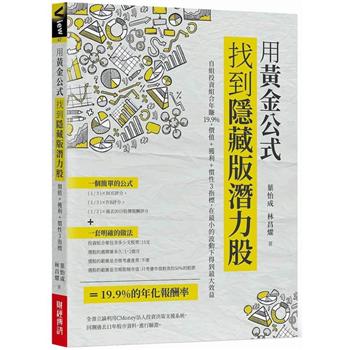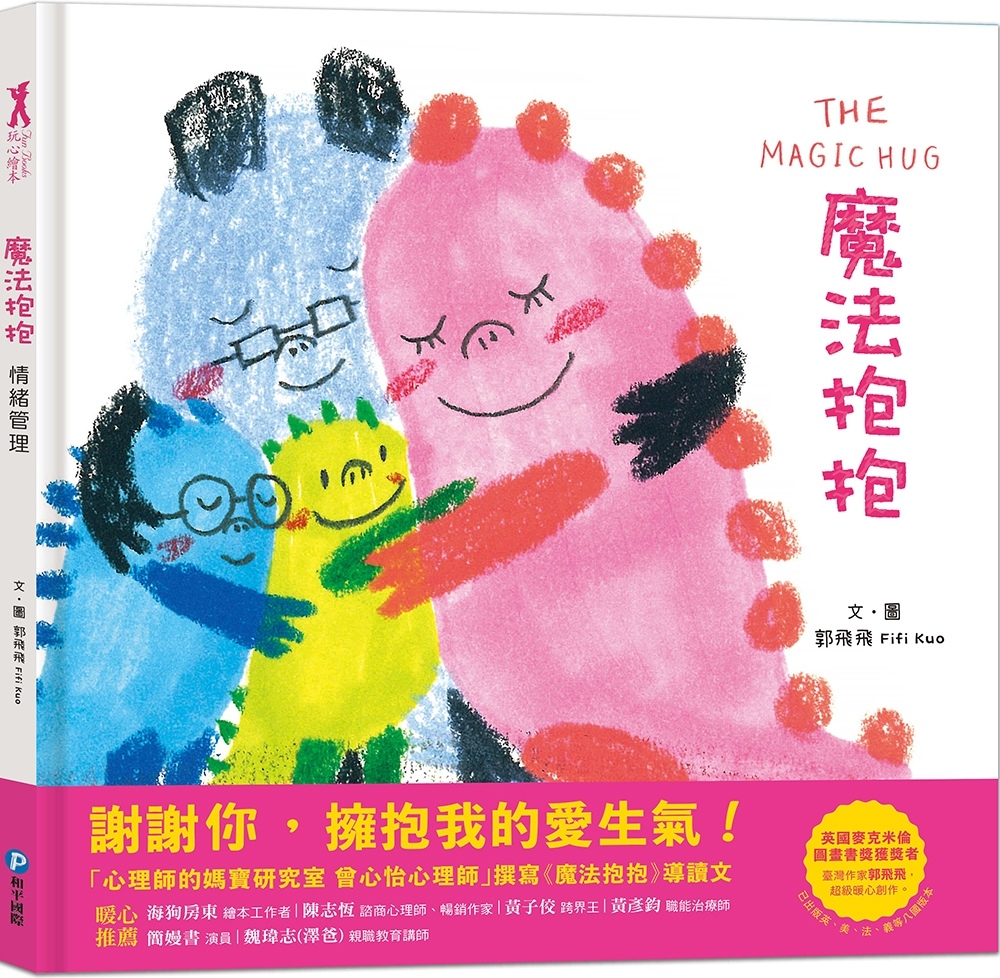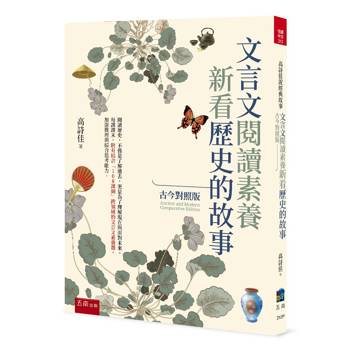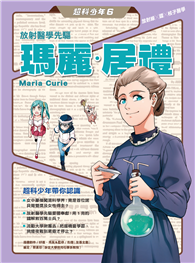| FindBook |
|
有 2 項符合
Written by Catherine Chan的圖書 |
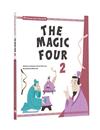 |
$ 296 ~ 396 | Chinese Idiom Stories: The Magic Four(2)
作者:Written by Catherine Chan、Simon Lau Illustrated by William Ma 出版社:中華教育 出版日期:2024-12-09 語言:繁體書  共 4 筆 → 查價格、看圖書介紹 共 4 筆 → 查價格、看圖書介紹
|
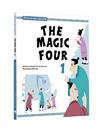 |
$ 296 ~ 396 | Chinese Idiom Stories: The Magic Four 1
作者:Written by Catherine Chan、Simon Lau Illustrated by William Ma 出版社:中華教育 出版日期:2024-08-28 語言:繁體書  共 3 筆 → 查價格、看圖書介紹 共 3 筆 → 查價格、看圖書介紹
|
|
|
|


